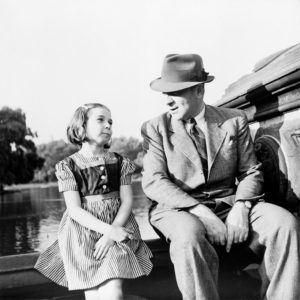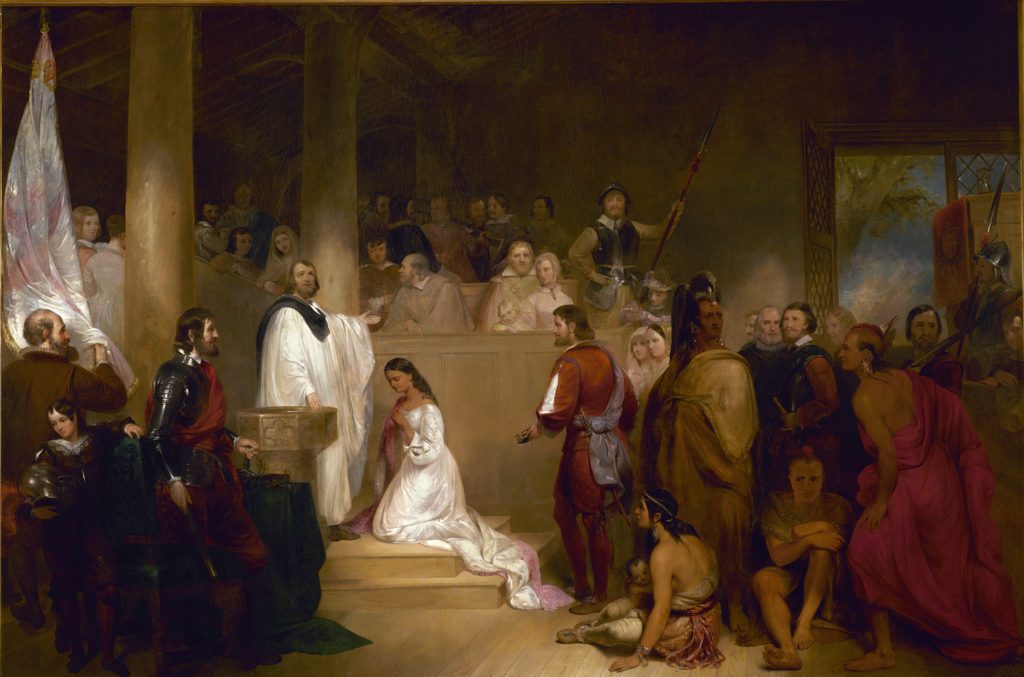
Listen to or download this week’s radio program:
© 2017 Don Pinson | [Download]
(Link not working? Right-click and select “Save As”.)
The Bible says that God,
“…established a testimony in Jacob…which he commanded our fathers, that they should make them known to their children: That the generation to come might know them…who should arise and declare them to their children: That they might set their hope in God, and not forget the works of God, but keep his commandments…” (Psalm 78:5-7)
 Why did God tell fathers to tell the stories of His workings in the past to their children? Because hearing the stories of God showing up in history helps the next generation know that God is real; and that He cares about His creation, man. That knowledge helps them not be deceived into thinking that “We’re on our own here in this world.” Knowing how God has worked in previous generations encourages us to seek Him that we might know Him and His purpose for us, as an individual in the present generation. This is also why satan does not want us to know of God’s workings in the past; not in Bible history, or in our nation’s history!
Why did God tell fathers to tell the stories of His workings in the past to their children? Because hearing the stories of God showing up in history helps the next generation know that God is real; and that He cares about His creation, man. That knowledge helps them not be deceived into thinking that “We’re on our own here in this world.” Knowing how God has worked in previous generations encourages us to seek Him that we might know Him and His purpose for us, as an individual in the present generation. This is also why satan does not want us to know of God’s workings in the past; not in Bible history, or in our nation’s history!
So was God at work in America’s founding? Let’s consider this question. Lawrence Cremlin, a Professor at Houston University, searched through over 15,000 of America’s Founding Documents to see if our origins were based in the Bible. Here was his conclusion:
“Above all, the [American] colonists were acquainted with the Bible itself…The Bible was read and recited, quoted and consulted, early committed to memory and constantly searched for meaning…The message of Protestantism was that men could find in Scripture the means to salvation, the keys to good and evil, the rules by which to live, and the standards against which to measure the conduct of prince and pastor.”
(Lawrence Cremlin, American Education, the Colonial Experience 1607-1683, Harper & Row, 1970, p. 40)
The first settlement in America, Jamestown, had recorded its purpose in its Royal Charter. It stated that they came to spread the:
“…Christian Religion to such People, as yet live in Darkness and miserable Ignorance of the true knowledge and worship of God.”
(The First Charter of Virginia, 1606, in Sources of Our Liberties, edited by Richard L. Perry, Chicago: American Bar Foundation, 1959, p. 40.)
Many natives in America did turn to Christ, as is shown in the picture of Pocahontas’ baptism in the U.S. Capitol building. She changed her name to Rebecca, because she wanted a Biblical name since she had renounced her pagan ways, and surrendered her life to Jesus Christ.

photo by Architect of the Capitol.
The Pilgrims’ stated purpose for coming to America in 1620 was:
“…the propagation…of the Gospel of the kingdom of Christ in [those] remote parts of the world…”
(William Bradford, Of Plymouth Plantation)
The Pilgrims’ Godly Pastor, John Robinson, reminded them of this purpose in his Farewell Letter to them. He wrote:
“I cannot sufficiently bewail the condition of the reformed churches…who will go at present no farther [in God]…Luther and Calvin were great and shining lights…yet they penetrated not into the whole counsel of God. I beseech you, remember it—tis an article of your church covenant—that you be ready to receive whatever truth shall be made known to you from the written word of God.”
(G. Bancroft, History of the United States of America, in Six Volumes, Boston: Little, Brown, and Co., 1879 Vol. 1, p. 241.)
So did those who established America have a Biblical view of the world, as well as eternity? Shouldn’t you be teaching this to your children? Shouldn’t schools be teaching this to children? Shouldn’t television and movies be teaching this to all Americans?
Think about it; because if you don’t, someone else will do your thinking for you—and for your children! And you won’t like what that brings to you. I’m Don Pinson; this has been Think About It.
